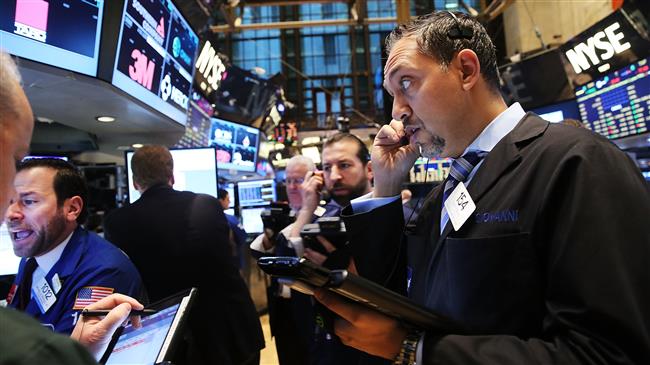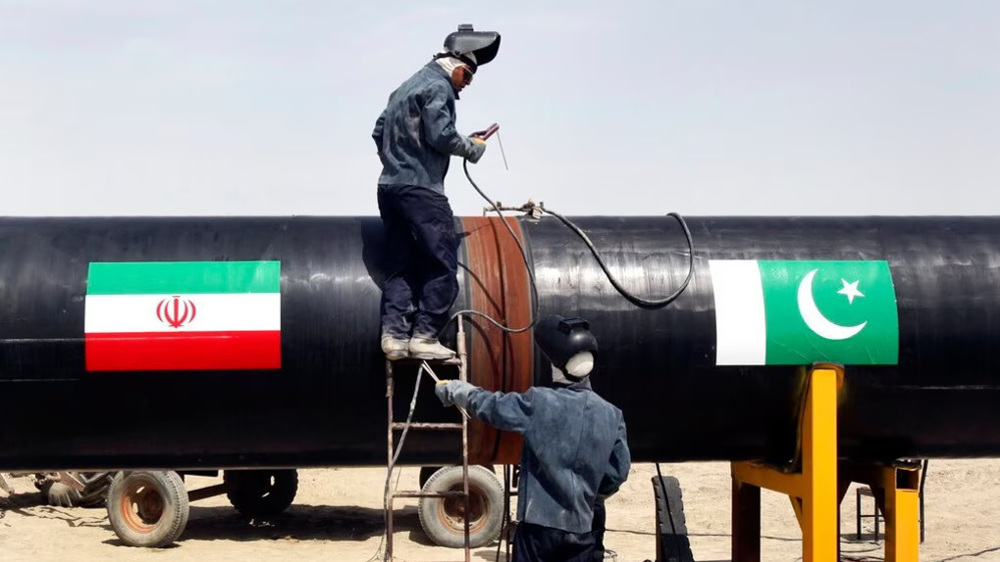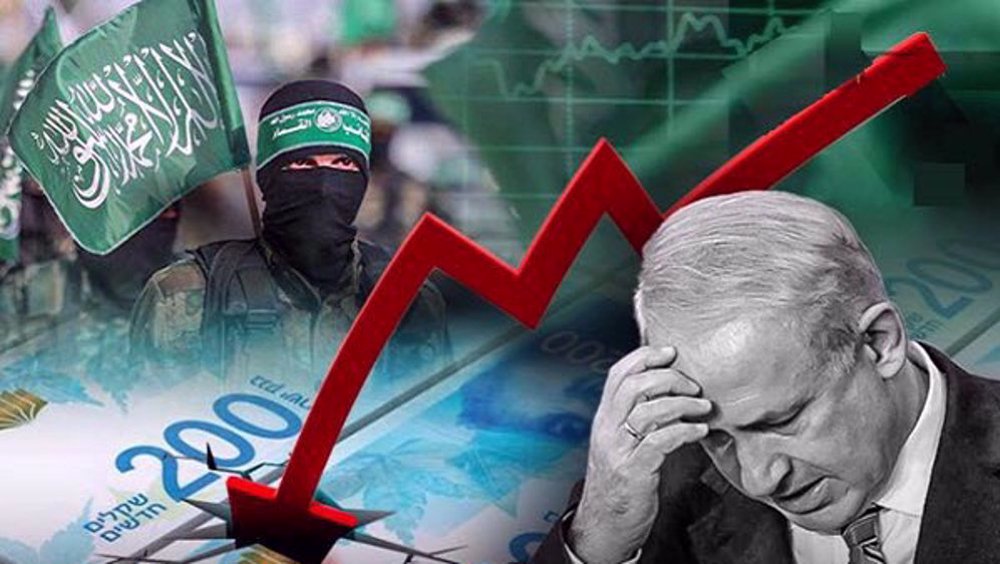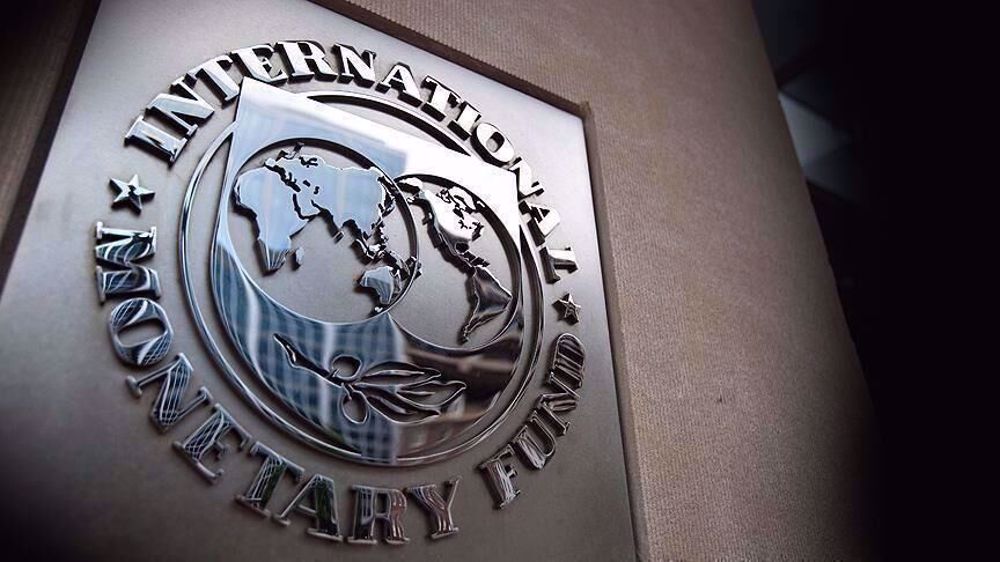Oil prices surge on signs OPEC may extend output cuts by year-end
Oil prices have jumped at the beginning of the trading week after indications emerged from the Organization of the Petroleum Exporting Countries (OPEC) that the body may maintain production cuts until the end of 2019.
The prices rose on Monday as Saudi Arabia said OPEC still plans to decrease its inventories of crude oil.
OPEC and non-OPEC members, including Russia, held a meeting in Jeddah, Saudi Arabia, on Sunday and discussed production options that will be decided at a June summit in Vienna.
Saudi Energy Minister Khalid al-Falih said OPEC supports rolling over production cuts into the second half of 2019.
"This second half, our preference is to maintain production management to keep inventories on their way declining gradually, softly but certainly declining towards normal levels,” Falih said.
In December 2018, the group agreed in Vienna to work to jointly reduce crude oil production by 1.2 million barrels per day from the beginning of January, initially setting a six-month time frame, a move that has driven gains for oil prices this year.
"In view of a growing imbalance between global oil supply and demand in 2019, [we] hereby decided to adjust the overall production by 1.2 million barrels per day, effective as of January 2019 for an initial period of six months," OPEC said.
The price of international standard Brent crude ticked up this morning by 1.1 per cent to $73.03, more than $18 higher than when the cuts started in January and the highest point for nearly a month.
Global markets have also tightened after the administration of US President Donald Trump said in a statement on April 22 that, in a bid to reduce Iran's oil exports to zero, buyers of Iranian oil must stop purchases by May 1 or face sanctions. The move ended six months of waivers, which allowed Iran’s eight biggest buyers -- Turkey, China, Greece, India, Italy, Japan, South Korea and Taiwan -- to continue importing limited volumes.
“The United States, Saudi Arabia and the United Arab Emirates ... along with our friends and allies, are committed to ensuring that global oil markets remain adequately supplied,” the White House statement said, adding, “We have agreed to take timely action to assure that global demand is met as all Iranian oil is removed from the market.”
The OPEC’s new decision comes despite the fact that in late March, the US president asked the organization to produce more oil, warning that oil prices are climbing “too high."
“Very important that OPEC increase the flow of Oil,” Trump said in a tweet, adding, “World Markets are fragile, price of Oil getting too high. Thank you!”
Last October, Iran’s Minister of Petroleum Bijan Zangeneh said there was no spare capacity left for oil producers to pump more, dismissing Trump’s pressure on OPEC to ramp up output to bring down prices.
“Trump thinks he can bring down oil prices with hooliganism,” IRNA news agency quoted him as telling an oil and energy conference in Tehran, adding, “None of the producers is capable of producing more. Saudi Arabia is using its reserves and is currently facing a political challenge” in the wake of prominent journalist Jamal Khashoggi’s disappearance.
Read more:
Israeli airstrike kills at least 7 people in Rafah
VIDEO | Iranians hold nationwide demos in support of IRGC
Syria condemns US veto of Palestine UN membership resolution
Iraqi resistance forces hit Israeli Ovda air base
Hackers break into Israeli military’s computers, access trove of documents
Tulkarm Brigade commander killed by Israeli forces in raid on refugee camp
Zionist media desperately trying to turn Israeli defeat into victory: Iran
VIDEO | Press TV's news headlines













 This makes it easy to access the Press TV website
This makes it easy to access the Press TV website